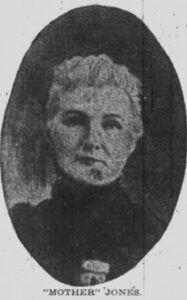The Western Labor Movement
[by Eugene V. Debs]
———-
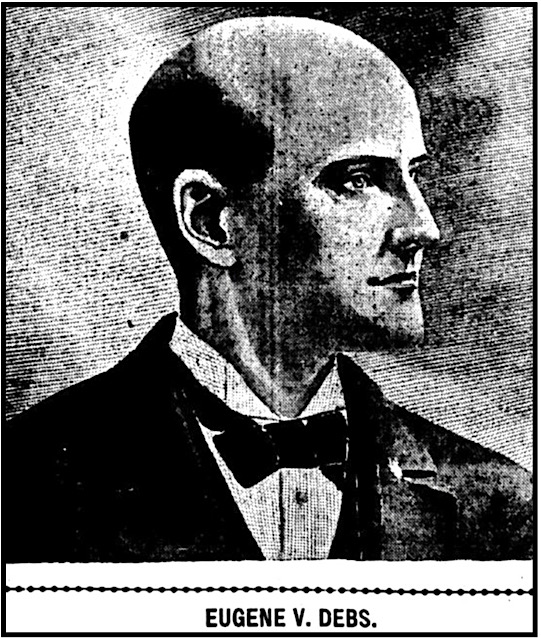
There seems to be considerable misapprehension, especially among Socialists, in regard to the trade union movement of the Western states, whose delegates, recently assembled in national convention, adopted the platform of the Socialist Party and pledged the support of their organizations to the International Socialist movement. This radical departure from the effete and reactionary non-political policy of the American Federation of Labor, so long and so earnestly striven for by the Western leaders, and so entirely compatible with the Socialist conception of class-conscious and progressive trade unionism, should have been met with the prompt and hearty approbation of every unionist and every Socialist in the land. That such was not the case, the lukewarm comment and half-approving, half-condemning tone of the Socialist Party press, with but one or two exceptions, bear convincing testimony, while the uncalled for, unwise, and wholly unaccountable official pronunciamento of the St. Louis “Quorum,” purporting to speak for the National Committee, capped the climax of unfairness and injustice to the Western movement. [See REVIEW of October 1902]
Stripped of unnecessary verbiage and free from subterfuge, the Socialist Party has been placed in the attitude of turning its back upon the young, virile, class-conscious union movement of the West, and fawning at the feet of the “pure and simple” movement of the East, and this anomalous thing has been done by men who are supposed to stand sponsor to the party and whose utterance is credited with being ex cathedra upon party affairs.
They may congratulate themselves that upon this point at least they are in perfect accord with the capitalist press, and also with the “labor lieutenants,” the henchmen, and the heelers, whose duty it is to warn the union against Socialism and guard its members against working class political action.
The writer takes issue with these comrades upon this vital proposition; and first of all insists that they (including the members of the Quorum) speak for themselves alone, as they undoubtedly have the right to do, and that their declaration in reference to the American Labor Union is in no sense a party expression, nor is it in any matter binding upon the party, nor is the party to be held responsible for the same.
As a matter of fact the rank and file of the Socialist Party, at least so far as I have been able to observe, rejoice in the action of the Denver convention, hail it as a happy augury for the future, and welcome with open arms the Western comrades to fellowship in the party.
“Why didn’t they stay in the Federation of Labor and carry on their agitation there? Why split the labor movement?” This is made the burden of the opposition to the Western unionists, who refused to be assimilated by Mark Hanna’s “Civic Federation”-the pretext for the scant, half-hearted recognition of their stalwart working class organization and their ringing declaration in favor of Socialism and in support of the Socialist Party.
And this objection may be dismissed with a single sentence. Why did not those who urge it remain in the Socialist Labor Party and carry on their agitation there? Why split the Socialist movement?
It is not true that the Western unionists set up a rival organization from geographical or sectional considerations, or to antagonize the Federation; and they who aver the contrary know little or nothing about the Western movement, nor about the causes that brought it into existence. A brief review of these may throw some light on the subject.
In 1896 the annual convention of the Federation of Labor was held in Cincinnati. The Western Federation of Miners, at that time an affiliated organization, was represented by President Edward Boyce and Patrick Clifford, of Colorado. The strike of the Leadville [Colorado] miners, more than 3,000 in number, one of the bloodiest and costliest labor battles ever fought, was then in progress and had been for several months. The drain and strain on the resources of the Western Federation had been enormous. They needed help and they needed it sorely. They had always poured out their treasure liberally when help was needed by other organization, East as well as West, and now that they had reached their limit, they naturally expected prompt and substantial aid from affiliated organizations. Boyce and Clifford appealed to the delegates. To use their own language they were “turned down,” receiving but vague promises which, little as they meant, were never fulfilled. At the close of the convention they left for home, disappointed and disgusted. They stopped off at Terre Haute to urge me to go to Leadville to lend a helping hand to the striking miners, which I proceeded to do as soon as I could get ready for the journey. It was here that they told me that the convention was a sore surprise to them, that 3 or 4 men had votes enough to practically control the whole affair, and that the dilatory and reactionary proceedings had destroyed their confidence in the Federation.
Afterward I was told by the officers in charge of the strike that no aid of the least value, or even encouragement, had been rendered by the Federation of Labor and that the financial contributions were scarcely sufficient to cover the expense of the canvass for same.
It was not long after this that the Western miners withdrew from the Federation and a couple of years later, conceiving the necessity of organizing all classes of labor in the Western states, which as yet had received but scant attention, the American Labor Union was organized, the Western Federation of Miners being the first organization in affiliation with the new central body.
Continue reading “Hellraisers Journal: From the International Socialist Review: “The Western Labor Movement” by Eugene Victor Debs” →
 —————
—————
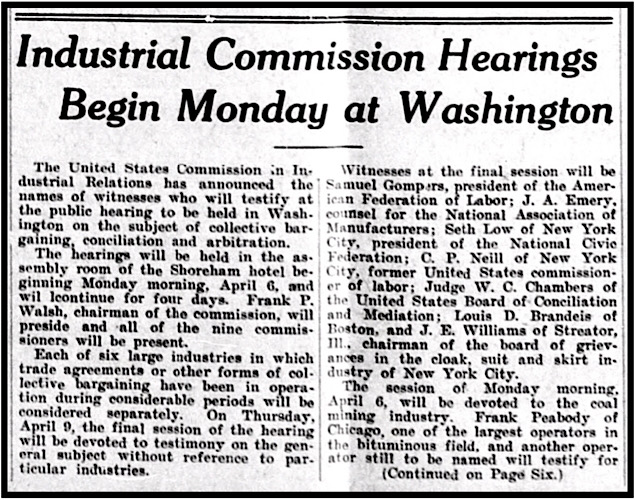
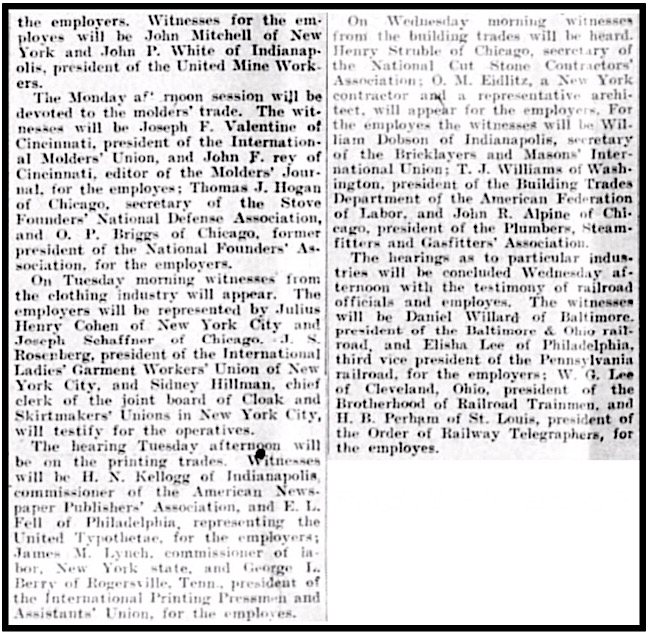
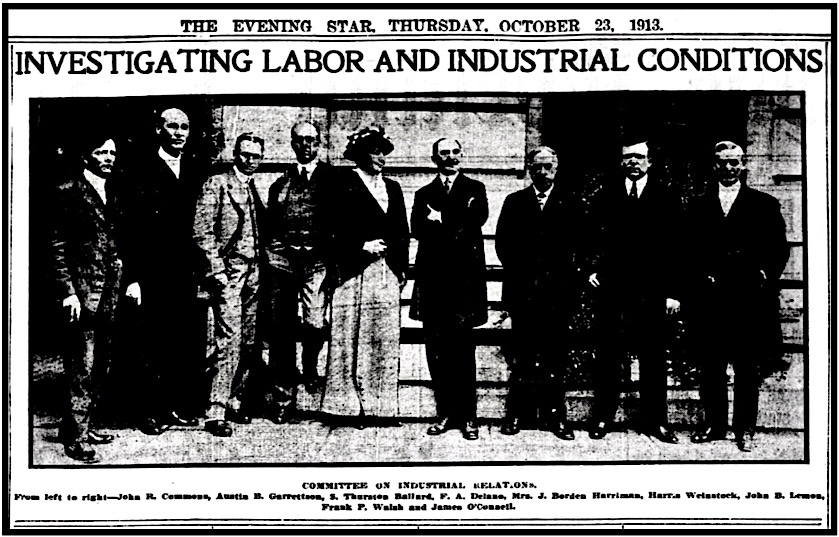
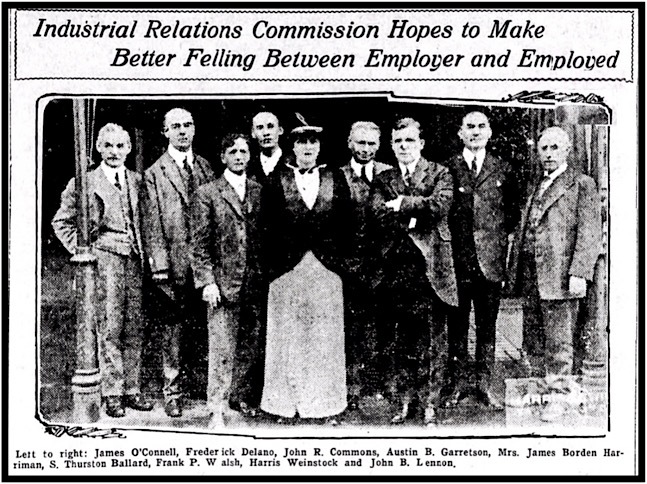
 —————
—————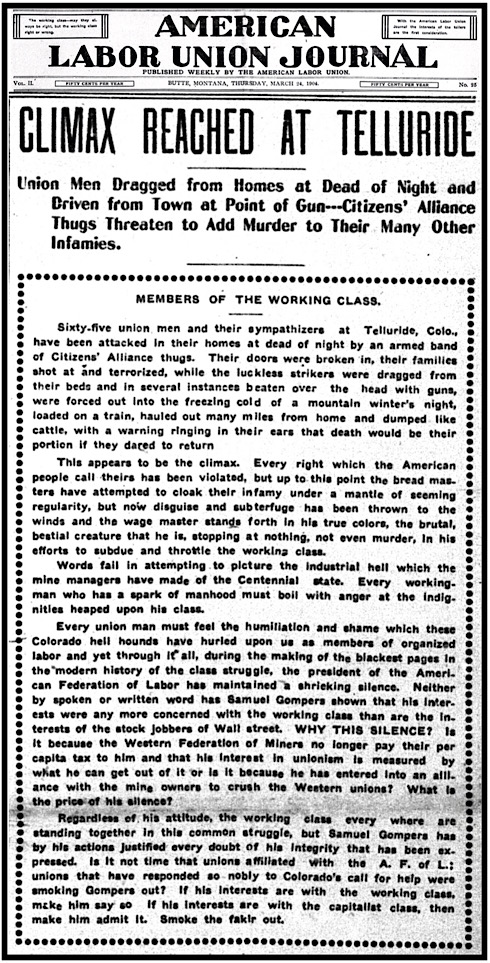
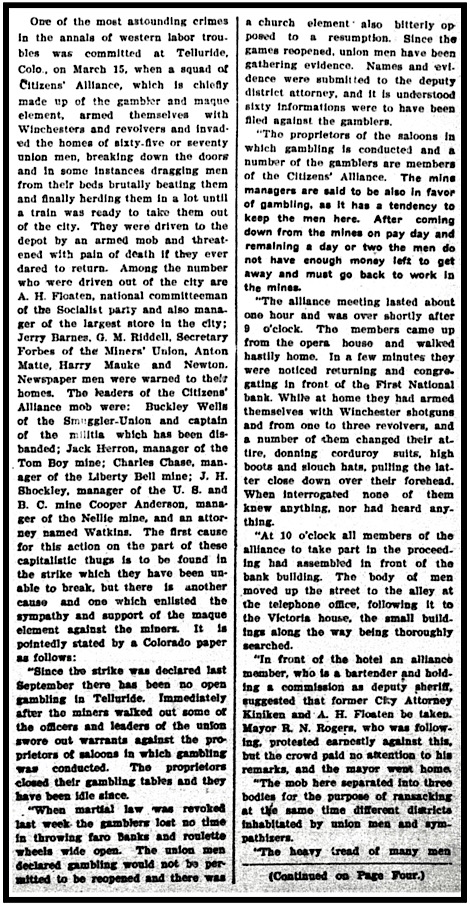
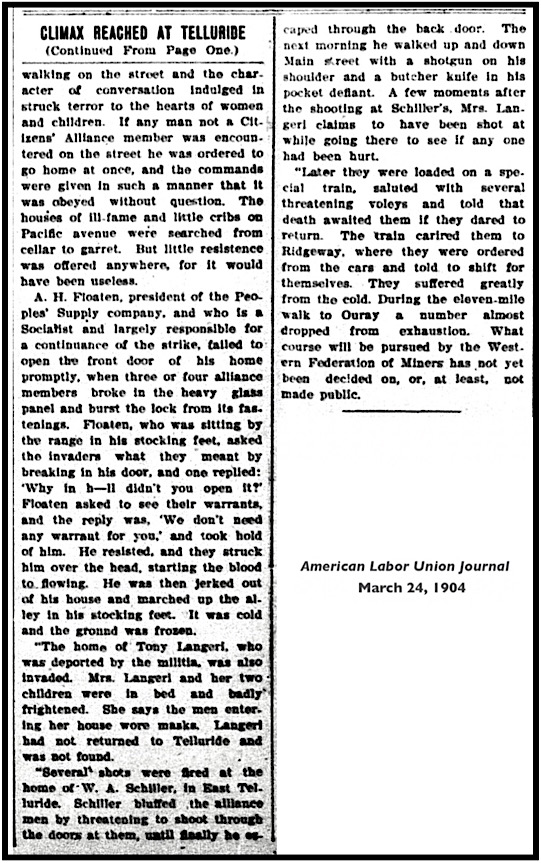
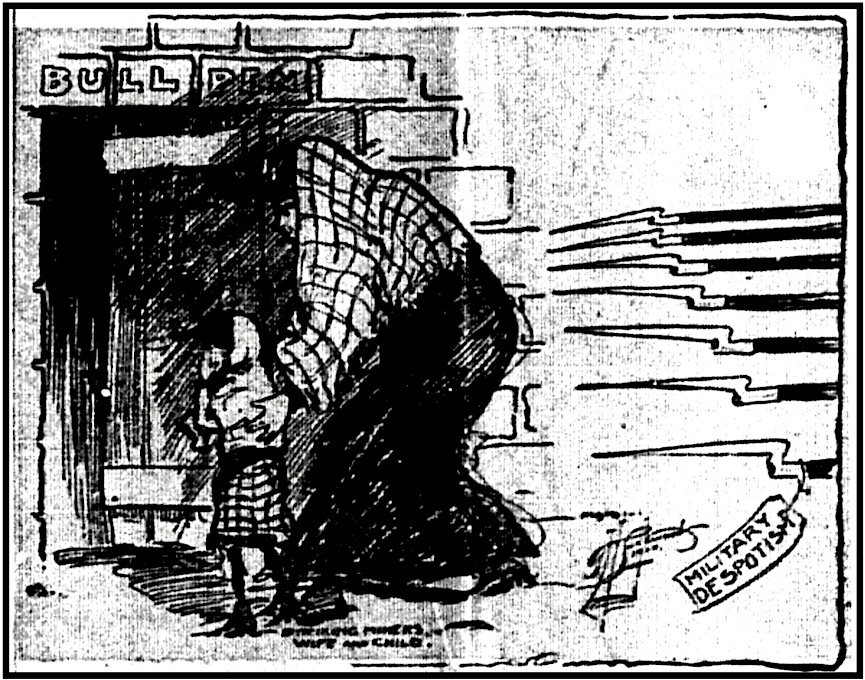

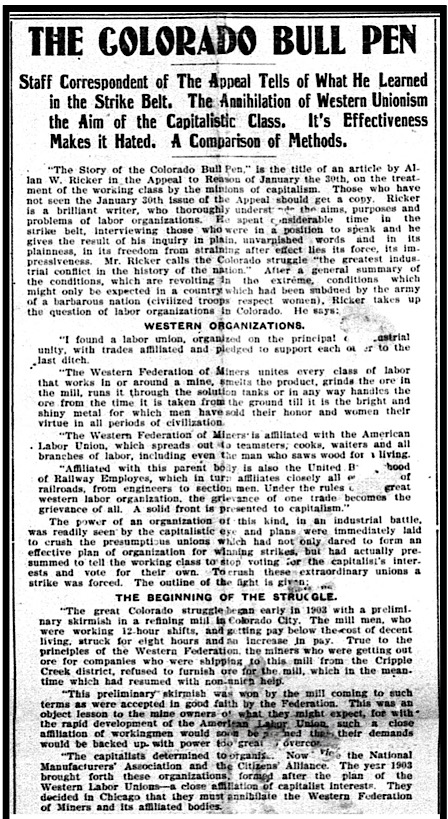
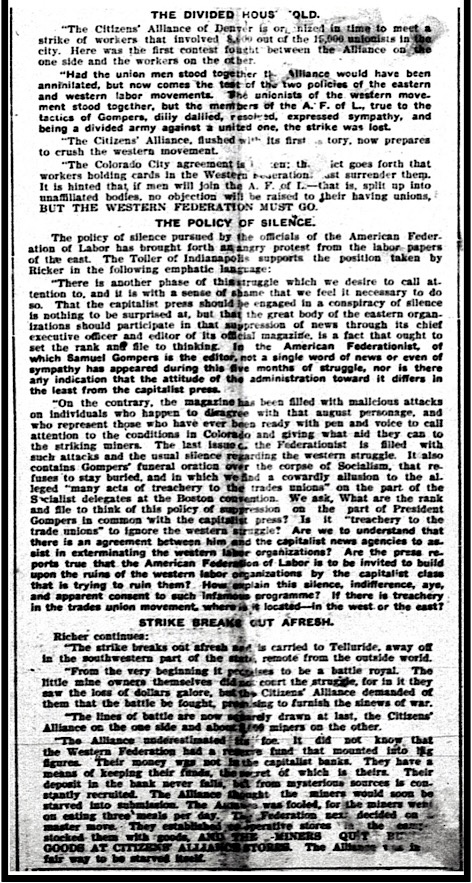
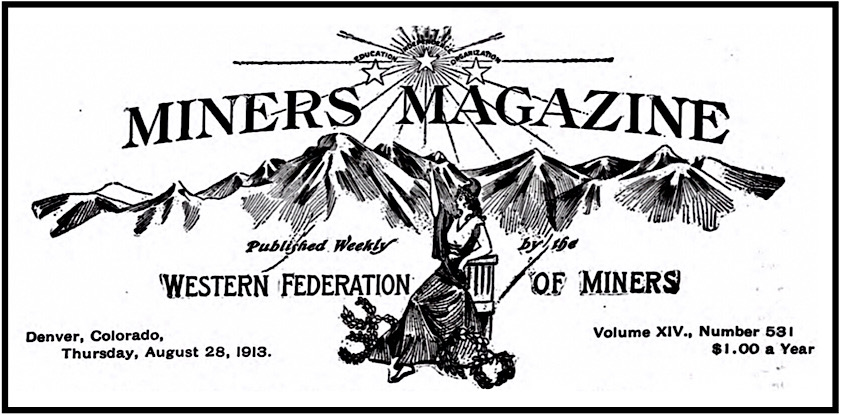
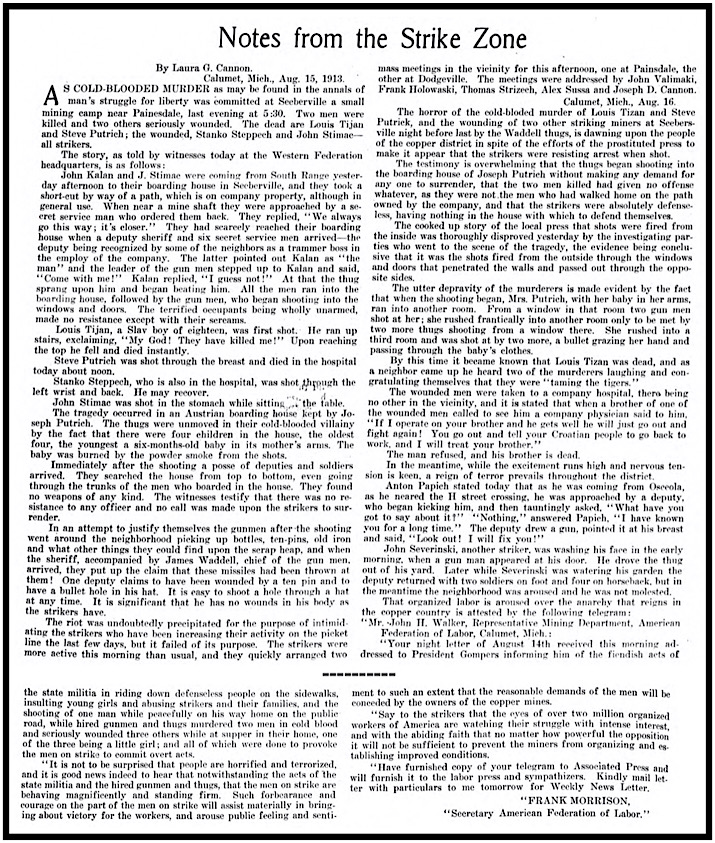
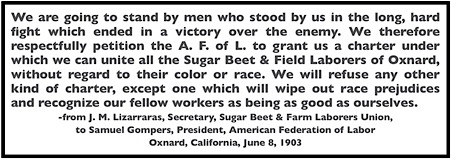 —————
—————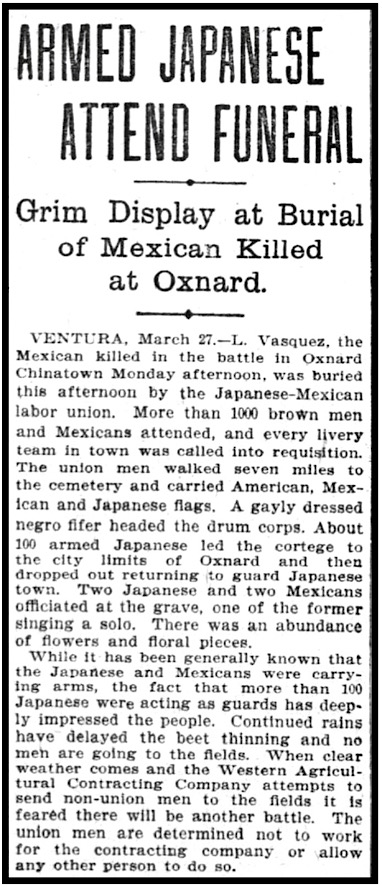
 —————
—————
 —————
—————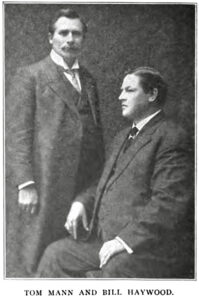
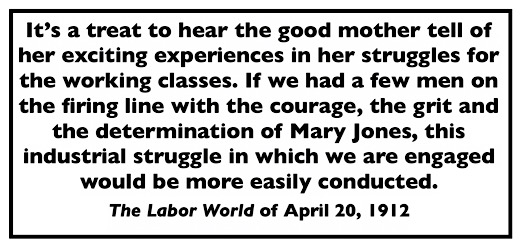 —————
—————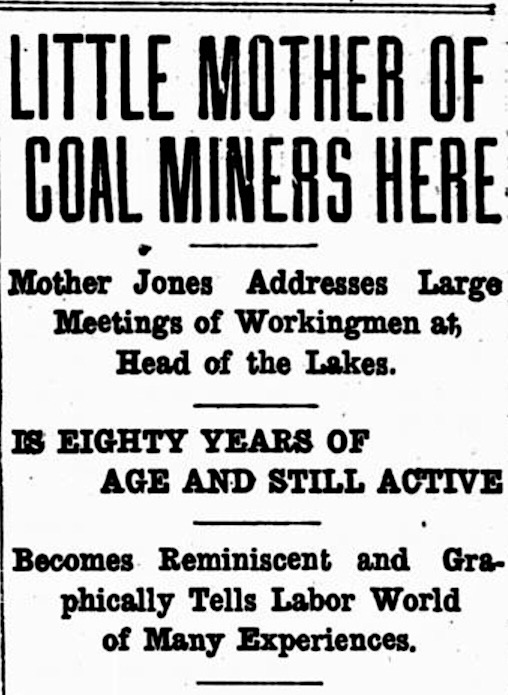
 —————
—————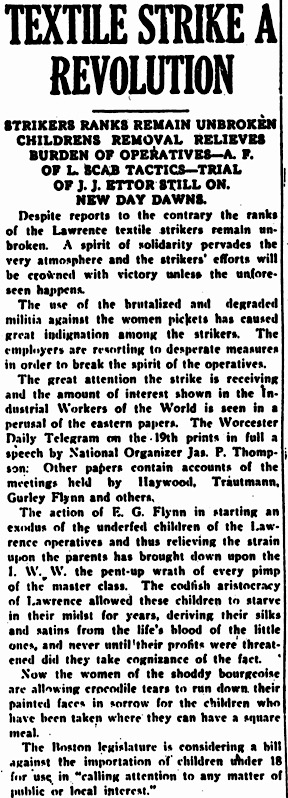
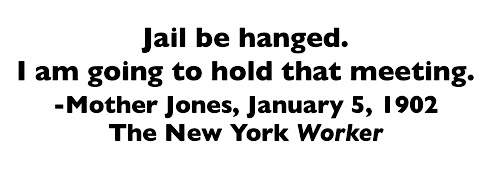 —————
—————